Overview Introduction to the "Flexible Couplings" Industry in Vietnam, Difficulties and Challenges
Overview Introduction to the "Flexible Couplings" Industry in Vietnam, Difficulties and Challenges
Introduction to the Flexible Coupling Industry in Vietnam:
The flexible coupling industry in Vietnam plays an important role in industrial and construction piping systems. Flexible couplings are devices used to connect pipe sections, allowing flexible movement and damping, while absorbing vibrations and vibrations from the surrounding environment. Common types of flexible joints include metal flexible joints, rubber flexible joints, and plastic flexible joints. They are widely used in industries such as oil and gas, chemical, water and wastewater treatment, food and beverage, and energy.
Current Situation:
The flexible coupling market in Vietnam is growing strongly, with the participation of many domestic and international businesses. The demand for flexible coupling products increases due to the development of industrial and infrastructure projects. Many businesses have invested in modern production technology and improved product quality to meet the increasing demands of customers.
Difficulties and Challenges in the Flexible Coupling Industry:
1. Fierce Competition:
o The flexible coupling market in Vietnam has fierce competition between domestic manufacturers and international companies. Businesses need to continuously innovate and improve product quality to maintain market share.
2. Product Quality:
o Ensuring product quality is a big challenge for flexible coupling manufacturing businesses. Products must meet international standards for safety and performance, requiring strict quality testing procedures and advanced manufacturing technology.
3. Raw Material Cost:
o Prices of raw materials such as metal, rubber, and plastic often fluctuate strongly, affecting production costs and profits of businesses. Effective cost management is a key challenge.
4. Human Resources Training:
o The flexible coupling industry requires highly skilled human resources and extensive technical knowledge. Training and retaining high-quality human resources is a challenge for businesses, especially in the context of competition for labor resources.
5. Compliance with Regulations and Standards:
o Businesses must comply with strict safety and environmental regulations and meet international quality standards. This requires a significant investment in time and cost.
6. Volatile Market:
o The flexible coupling market is influenced by macroeconomic factors, policies and market fluctuations. Businesses need to have flexible strategies to respond to these changes.
Future Development Directions:
To overcome challenges and develop sustainably, flexible coupling businesses in Vietnam need to:
• Investment in Technology: Enhance production capacity through investment in advanced technology and automation.
• Human Resource Development: Focus on training and developing high quality human resources, ensuring employees have sufficient knowledge and skills.
• Product Diversification: Meet diverse market needs by developing new product lines and improving quality.
• Market Expansion: Strengthen international cooperation and expand export markets to take advantage of development opportunities from foreign markets.
• Comply with International Standards: Ensure products meet international standards for quality and safety, creating trust for customers.
The flexible coupling industry in Vietnam has great development potential, but also faces many challenges. By continuing to innovate and improve, businesses can overcome difficulties and actively contribute to the development of the country's industry.
Author: Phuc Minh Engineering
Related News
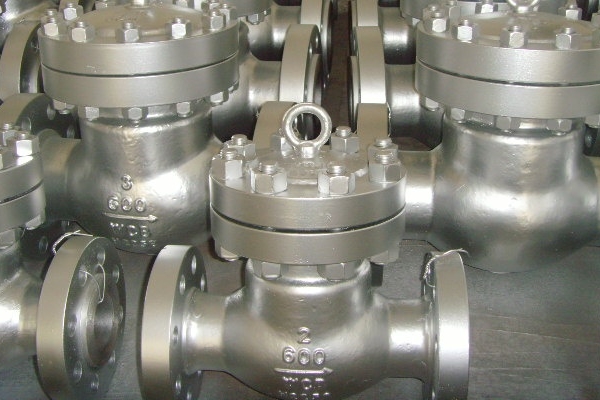
inVal Industrial Valves: Stainless Steel Gate Valve Solution for Chemicals
20/12/2025
Discover VinVal industrial valve lines, especially specialized stainless steel gate valves. Learn how to select the most effective valve for corrosive chemicals
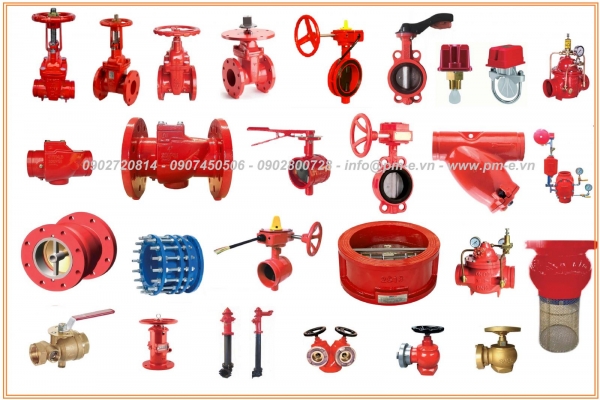
VinVal Industrial Water Valves: Stainless Steel Globe Valves & Pipeline Solutions from PM-E
20/12/2025
Discover high-quality VinVal industrial water valves. PM-E specializes in providing stainless steel globe valves and diverse fluid control solutions for your pipeline systems.
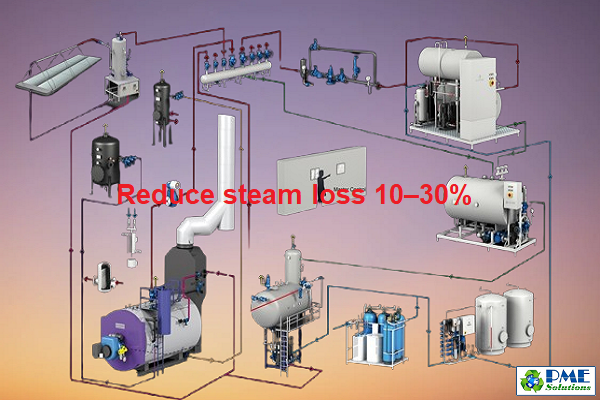
Steam Energy-Saving Solutions for Factories | Phuc Minh Engineering
17/12/2025
Optimize your steam system with Phuc Minh Engineering. Reduce energy loss, increase boiler efficiency, and cut fuel costs by 10–30%. Contact us now.
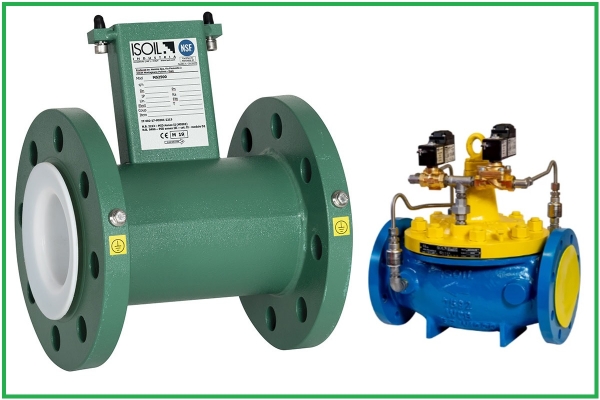
Flow Measurement & Pressure Control Solutions.
17/12/2025
Solutions for measuring flow and controlling pressure in steam, air, water, oil, and chemical systems. Optimize operations – reduce losses – enhance safety. Contact Phuc Minh.
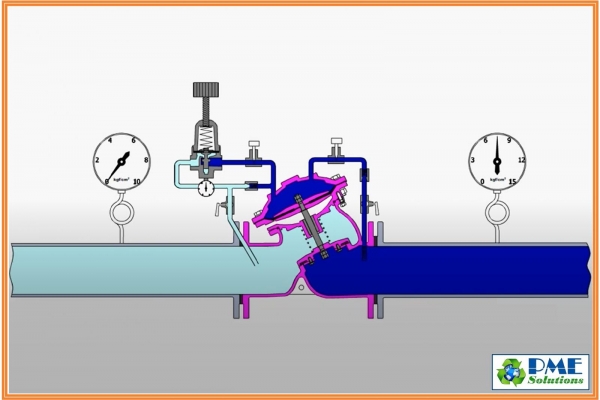
What Is a Pressure Reducing Valve? Structure – Working Principle – How to Select the Best PRV for Industrial Plants (2025)
17/12/2025
A Pressure Reducing Valve (PRV) is a device used to reduce high inlet pressure to a stable, lower outlet pressure, helping protect piping systems, instruments, and machinery while improving operational safety. PRVs are widely used in: Steam systems Compressed air, gas, nitrogen Clean water – process water – chilled water Oil, chemicals, and other industrial media







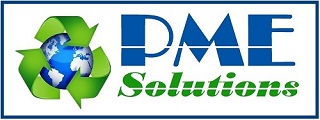

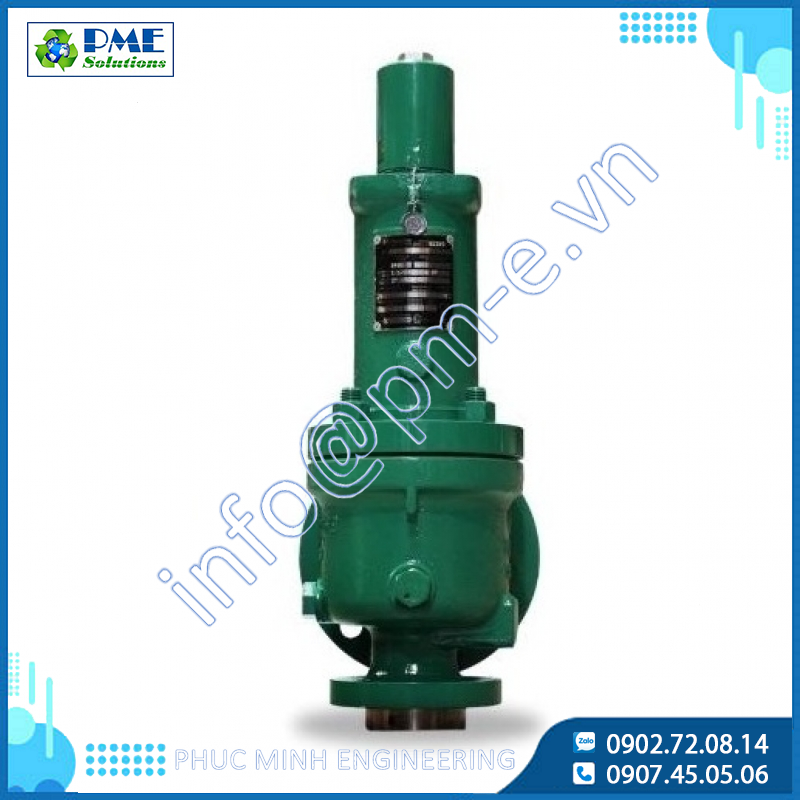
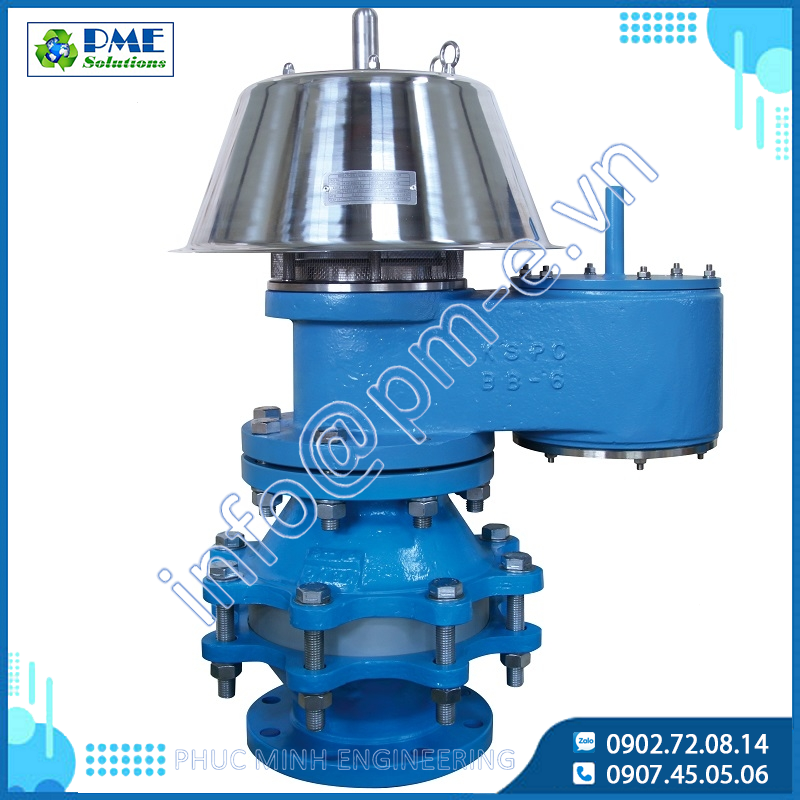
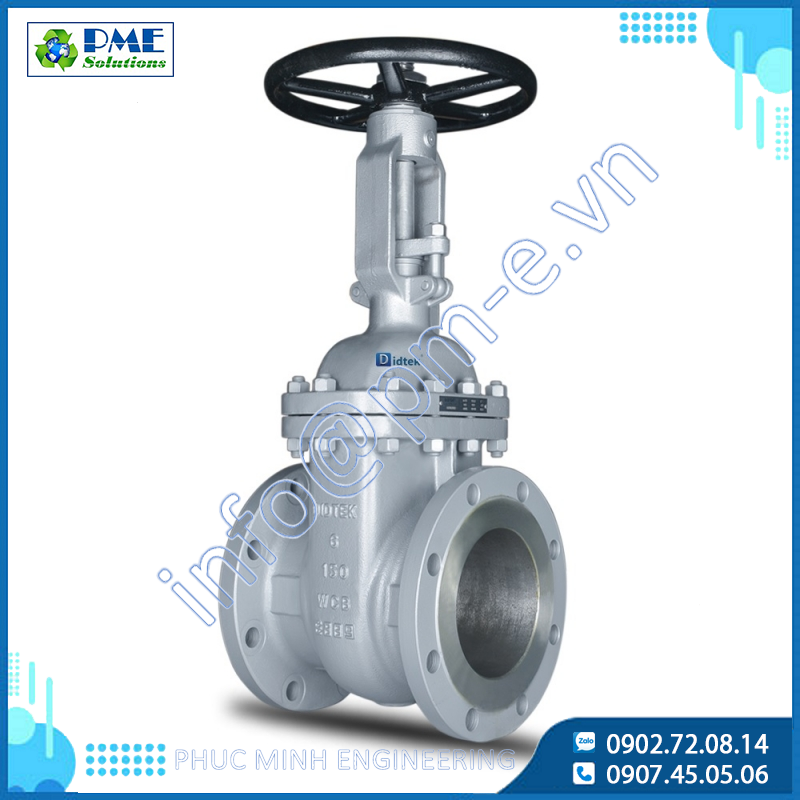
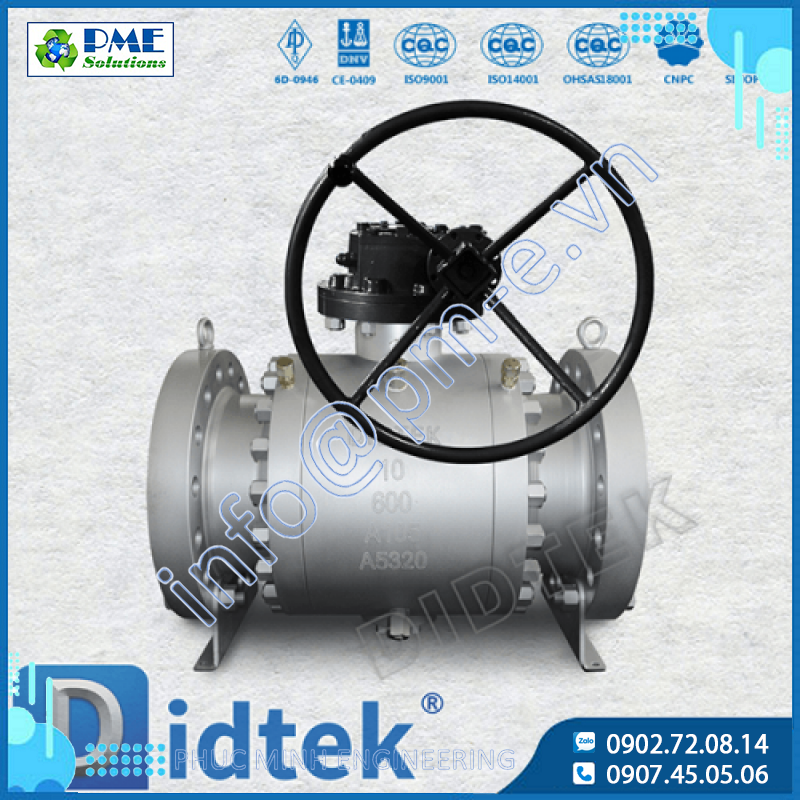
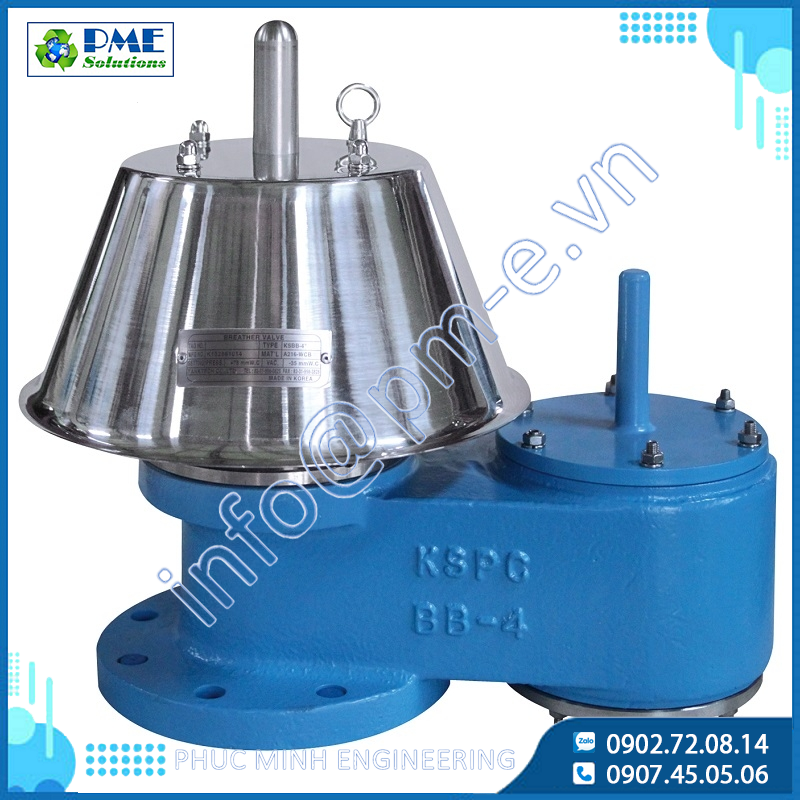


.png)






